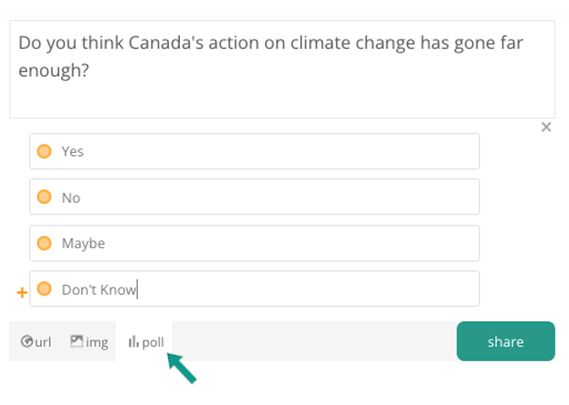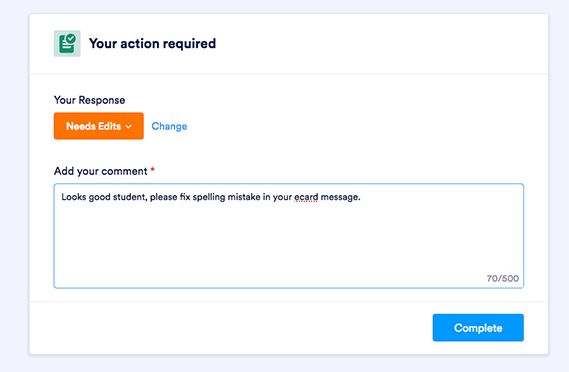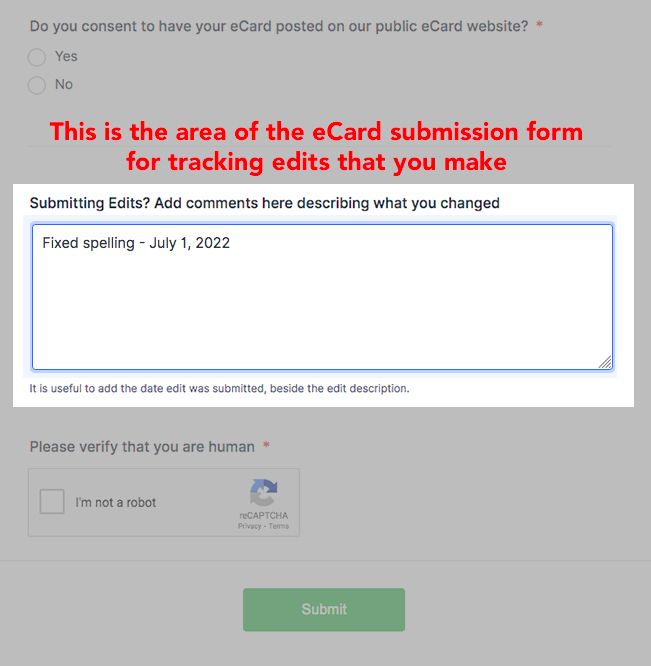Electrical Energy Calculator - British Columbia
This electrical energy calculator was created to support GreenLearning's Energy Revealed Program.
Instructions
To use this calculator, input the watts of the device you are investigating and the minutes a day it is in use. Once you click on 'Calculate Energy' the electricity used (kWh), the greenhouse gases emissions (g of GHGs) produced and cost of electricity ($) will be displayed. Keep scrolling to read more about out what these results mean.
Electricity
(kWh/year)
Environment
(GHG/year)
Cost
($/year)
Kilowatt Hours (kWh)
A watt (W) is the unit used to measure the flow of electrical power. A kilowatt (kW) is 1,000 watts. A kilowatt hour (kWh) is a way to measure the amount of electricity used in an hour.
When you use electricity, the amount of energy consumed is measured in kWhs. The amount of electricity used (kWh) is dependent on how much power your device uses (W or kW) and how long you use it for (Minutes or Hours).
When you use electricity, the amount of energy consumed is measured in kWhs. The amount of electricity used (kWh) is dependent on how much power your device uses (W or kW) and how long you use it for (Minutes or Hours).
kWh Formula
kWh = (watts × hours)
___________
kWh = (watts × hours)
___________
1,000
Greenhouse Gases (GHGs)
GHGs refers to the collection of heat-trapping gases, including water vapour (H20), carbon dioxide (CO2), in our atmosphere. Generating electricity and using energy produces greenhouse gas emissions. Climate scientists agree that the main cause of the current climate crisis is the over-production of greenhouse gases by humans.
Some sources of electricity produce more GHGs than others. For example, burning fossil fuels, such as coal, oil and natural gas produces high amounts of GHGs compared to renewable energy sources, such as wind and solar energy.
Some sources of electricity produce more GHGs than others. For example, burning fossil fuels, such as coal, oil and natural gas produces high amounts of GHGs compared to renewable energy sources, such as wind and solar energy.
Electricity Generation in British Columbia
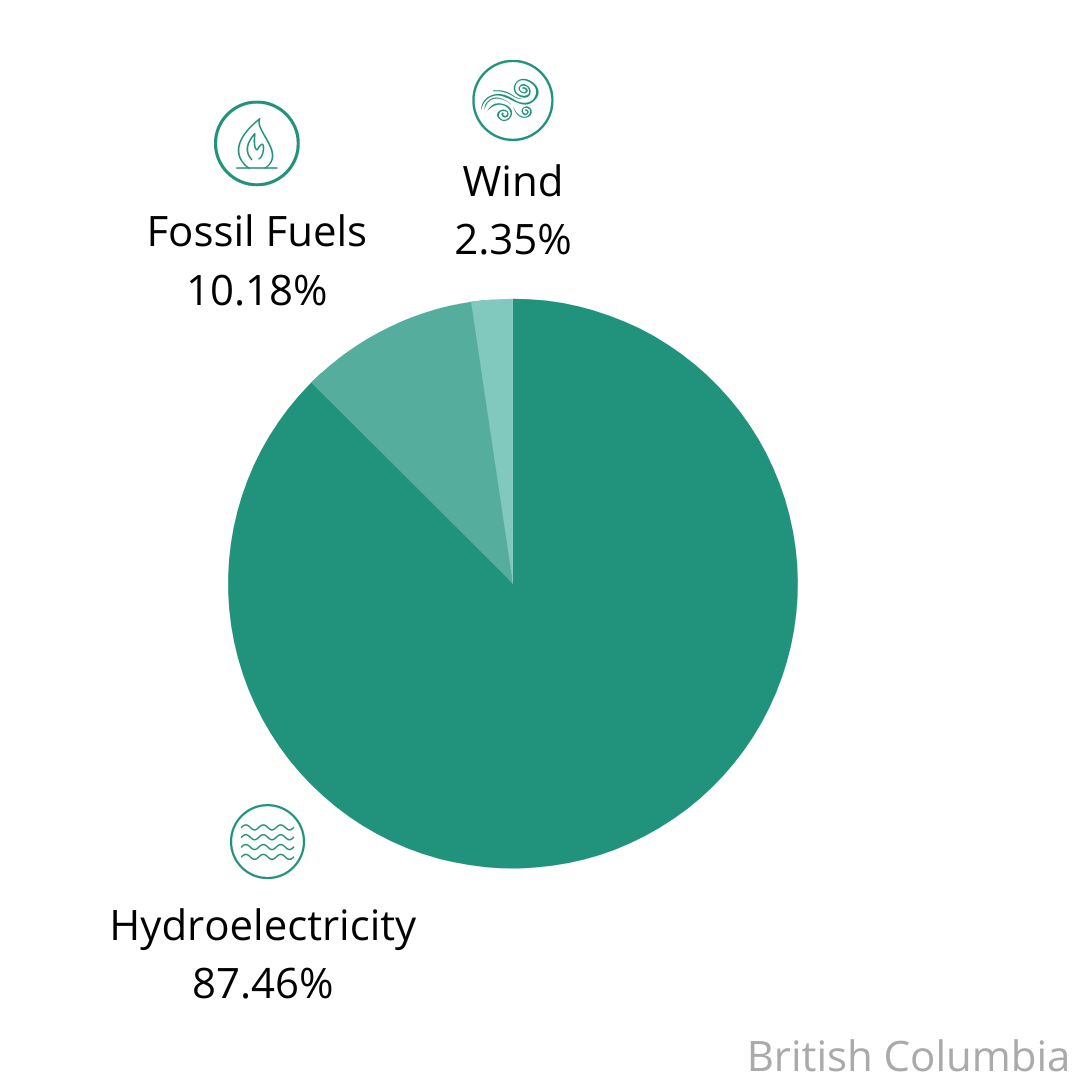
In British Columbia, electricity generates on average 19.4 grams of GHGs per kilowatt hour (19.4 g/kWh).
Sources
Statistics Canada (2019)
RETScreen Clean Energy Project Analysis Software (2022)
Electricity Rates ($)
Electricity rates are the cost you pay per kWh of energy used. In addition to paying for energy you use, providers will also charge you additional fees. For example, you might pay a delivery fee, which includes costs such as maintaining transmission lines, account management and billing and the energy lost on its way to you.
Customers in British Columbia are charged one rate for electricity up to a certain threshold in each billing period, and a higher rate for all electricity use beyond that threshold. This "stepped" rate is designed to encourage conservation.
Step 1
$0.0959 per kWh for first 1,350 kWh in an average two month billing period (22.1918 kWh per day).
Step 2
$0.1422 per kWh over the 1,350 kWh Step 1 threshold.
Rates may differ for competitive retailers.
Customers in British Columbia are charged one rate for electricity up to a certain threshold in each billing period, and a higher rate for all electricity use beyond that threshold. This "stepped" rate is designed to encourage conservation.
Step 1
$0.0959 per kWh for first 1,350 kWh in an average two month billing period (22.1918 kWh per day).
Step 2
$0.1422 per kWh over the 1,350 kWh Step 1 threshold.
Rates may differ for competitive retailers.
Source
GreenLearning
creates free education programs about energy, climate change and green
economy that engage and empower students to create positive change.
Support
© 2024 GreenLearning. All rights reserved.

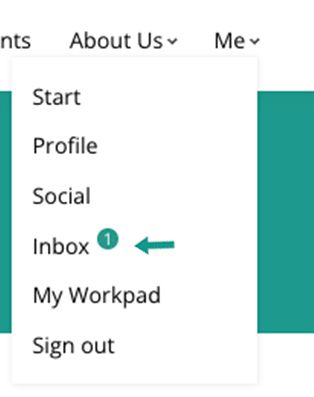
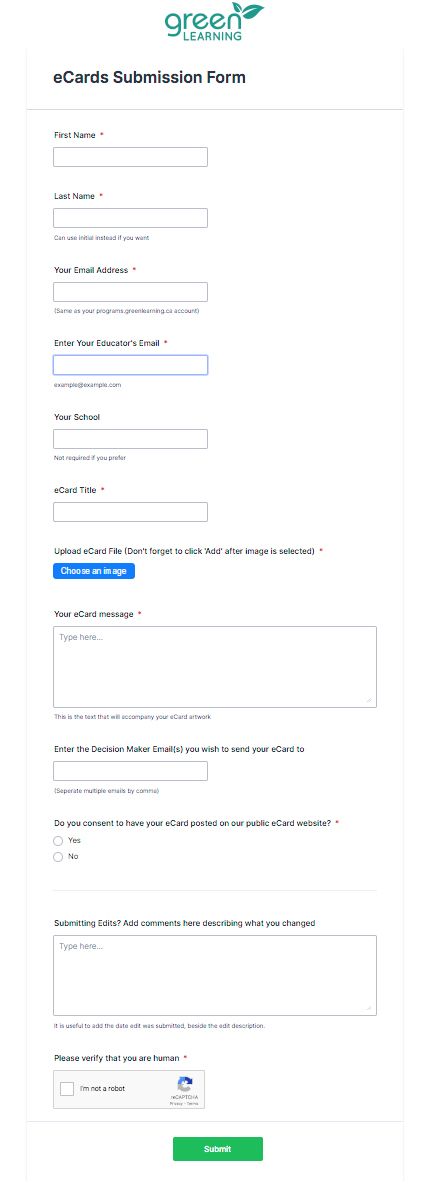

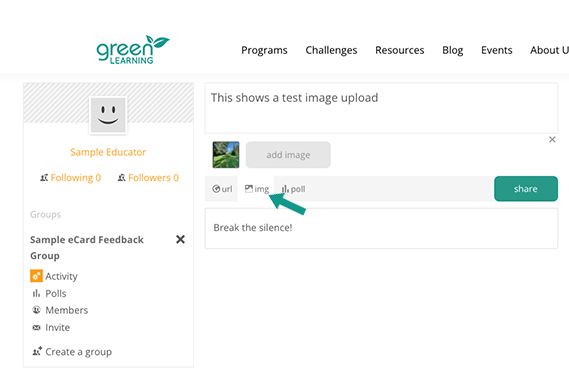


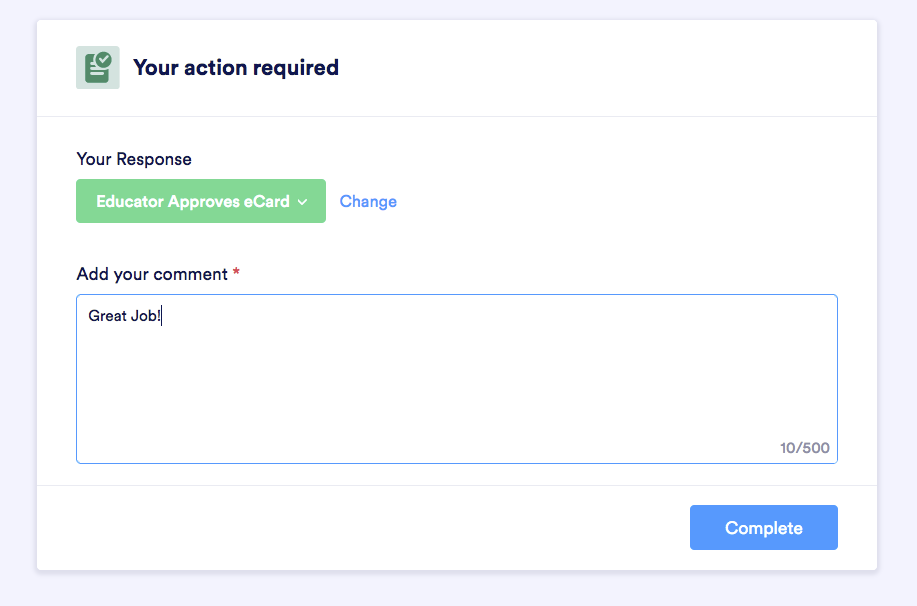
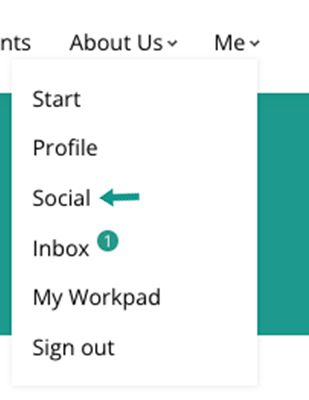
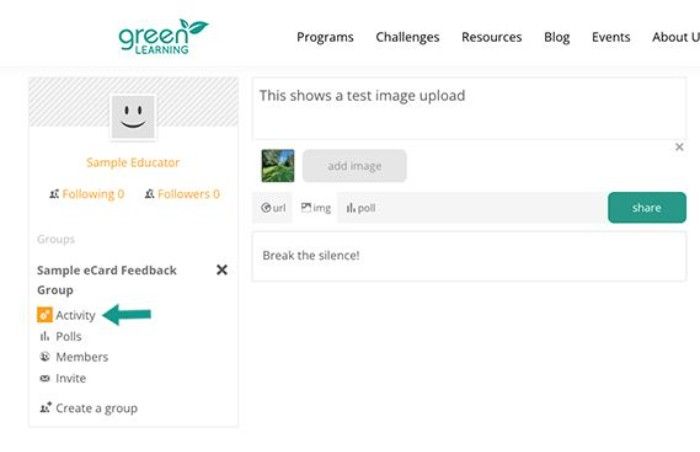
Activity link under private class group.

